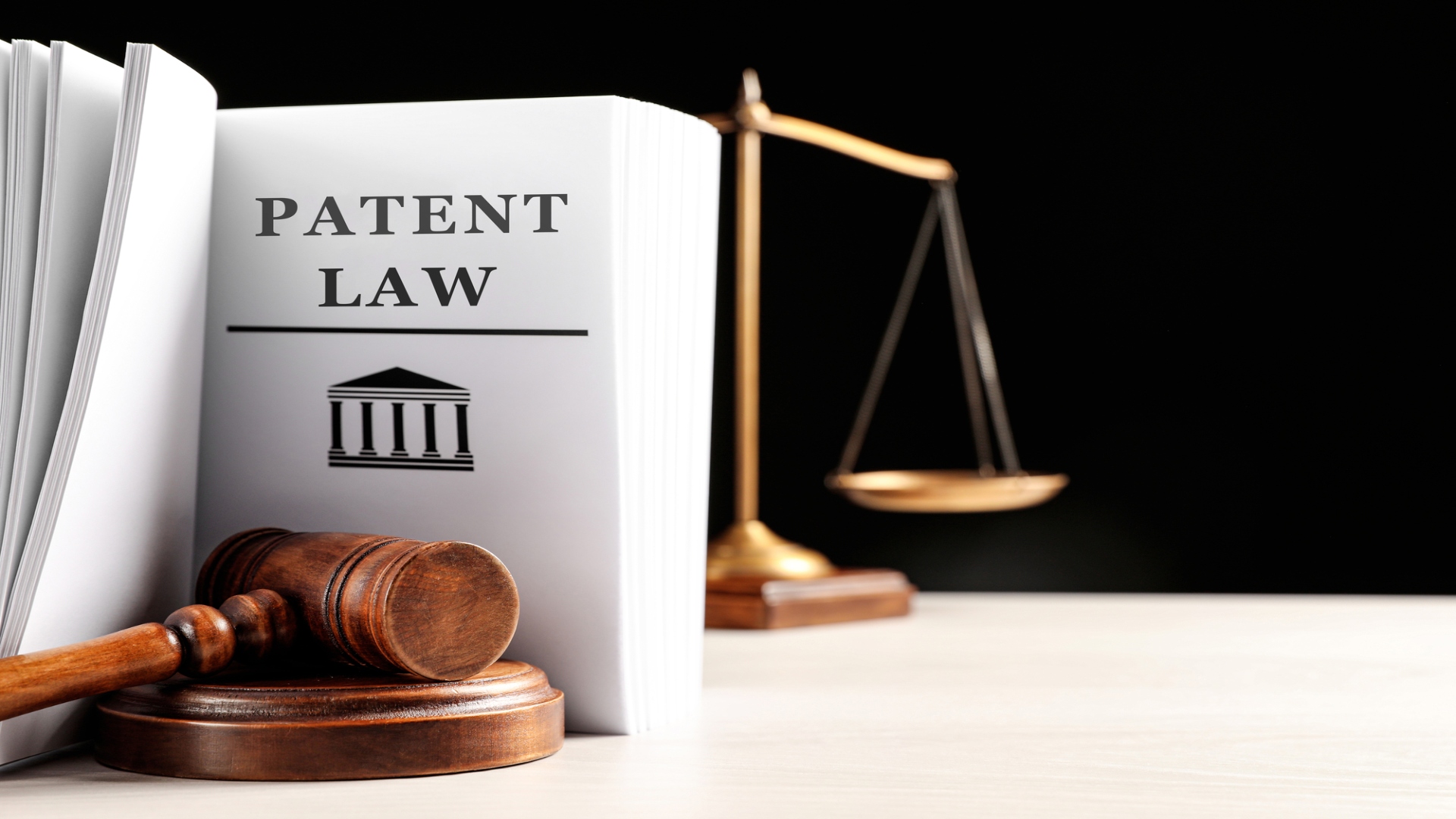The European Commission has put forth a proposal to regulate standard essential patents (SEPs) within the single market economy of the European Union (EU). SEPs are patents that are deemed essential for the implementation of a particular industry standard. The EU proposal aims to address concerns related to the potential abuse of SEPs by patent holders, specifically in the context of technology standards that are essential for the functioning of the single market. It aims to strike a balance between promoting innovation and ensuring fair access to standardized technologies.
The proposed regulation outlines several key provisions:
- Transparency and Disclosure: Patent holders would be required to provide transparent and timely information about their SEPs, including their existence, ownership, and licensing conditions. This would enable potential licensees to assess the availability and terms of licenses.
- Licensing Negotiations: Parties involved in SEP licensing negotiations would be expected to act in good faith, engaging in negotiations in a fair, reasonable, and non-discriminatory (FRAND) manner. This is to ensure that licensing terms are fair, reasonable, and not discriminatory.
- Dispute Resolution: The proposal introduces mechanisms for resolving disputes related to SEPs, including the establishment of a European SEP Coordinator and the possibility of seeking injunctive relief from courts in certain circumstances.
- Enforcement and Remedies: The proposed regulation suggests strengthening enforcement mechanisms, including effective remedies and sanctions, for non-compliance with the proposed rules. This is intended to discourage anti-competitive behavior and ensure compliance with the regulation.
Overall, the European Commission’s proposal aims to create a harmonized framework for the regulation of SEPs within the EU’s single market. It seeks to foster fair competition, innovation, and wider access to standardized technologies, while providing clear rules and mechanisms to address potential disputes and abuses. Here is an opinion piece we found of interest relating to the EU Standard Essential Patent (SEP) Draft Regulation.
Building the house from the roof down: The Standard Essential Patent (SEP) Draft Regulation
In an opinion piece, “Building the house from the roof down: The Standard Essential Patent (SEP) Draft Regulation,” for The Patent Lawyer magazine, Dr. Claudia Tapia, director, IPR Policy & Legal Academic Research, Ericsson, discusses the EU’s proposed draft regulation concerning Standard Essential Patents (SEPs), which are patents that are essential to implementing a particular technical standard, such as those used in telecommunications. Typically, SEPs are licensed under fair, reasonable, and non-discriminatory (FRAND) terms and conditions, which are agreed upon through negotiations conducted in good faith among involved parties. Tapia argues that the commitment to FRAND terms for SEPs is of great significance as it encourages companies to share their cutting-edge technologies. An example would be cellular standards, ranging from 2G to 5G, which play a crucial role in ensuring fast and dependable connectivity and serve as a fundamental element of the IoT.
.
SEPs play a critical role in today’s interconnected world, but Tapia highlights the challenges associated with their licensing and enforcement. She emphasizes the need for a balanced and efficient framework to regulate SEPs, to ensure fair access, promote innovation, and prevent abuse. Recently, Ericsson and Nokia, two major European contributors of standardized technologies, issued warnings about the proposed draft regulation, expressing concerns about its broad and experimental nature without adequate commitment of resources and expertise to ensure its successful implementation. They believe that if the proposal is put into effect, it could jeopardize European innovation, security, growth, and authority in standardization. This potential conflict with the European Commission’s Standardisation Strategy, which aims to strengthen the EU’s global competitiveness and foster a resilient, green, and digital economy, raises further concerns. Read the full article in Patent Lawyer Magazine.
Disclosure: Fatty Fish is a research and advisory firm that engages or has engaged in research, analysis, and advisory services with many technology companies, including those mentioned in this article. The author does not hold any equity positions with any company mentioned in this article.
The Fatty Fish Editorial Team includes a diverse group of industry analysts, researchers, and advisors who spend most of their days diving into the most important topics impacting the future of the technology sector. Our team focuses on the potential impact of tech-related IP policy, legislation, regulation, and litigation, along with critical global and geostrategic trends — and delivers content that makes it easier for journalists, lobbyists, and policy makers to understand these issues.
- The Fatty Fish Editorial Teamhttps://fattyfish.org/author/fattyfish_editorial/January 19, 2024
- The Fatty Fish Editorial Teamhttps://fattyfish.org/author/fattyfish_editorial/January 3, 2024
- The Fatty Fish Editorial Teamhttps://fattyfish.org/author/fattyfish_editorial/January 3, 2024
- The Fatty Fish Editorial Teamhttps://fattyfish.org/author/fattyfish_editorial/December 31, 2023








